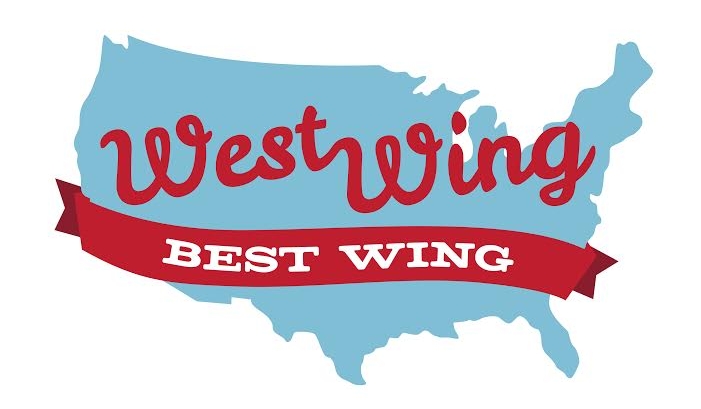Lesbians Love Politics
The average person would be forgiven for assuming that City Supervisor Harvey Milk was the first openly gay person elected to public office in the nation. After all, there's a whole movie about him, his activism, and his untimely death at the hands of a fellow city supervisor. But despite the fame, Milk was not the first openly gay person elected to public office in America.
But a movie called Kozachenko doesn't have the same ring to it.
Four years before Harvey Milk, a young Kathy Kozachenko was elected to the City Council in Ann Arbor, Michigan. A candidate with the Human Rights Party, a 21-year-old Kozachenko ran on the platform that the citywide gay rights ordinance had not been properly enforced. She won her election by 43 votes and served one term on the council before backing out of the spotlight.
That same year, Elaine Noble was elected to the Massachusetts House of Representatives, becoming the first openly gay person elected to statewide office. She served two terms before stepping down to run for Congress, an election where she finished fifth.
It's not just that voters love lesbians, as Frank Bruni pointed out in a recent op-ed. It's also that lesbians seem to love politics, and politics seems to love them right back.
As Bruni pointed out, there are not many women in politics. For a group that makes up 50% of the population, we barely make up 25% of elected officials. This is likely because, in order to succeed in politics a candidate has to be single minded and devote their whole selves to their political career. Because most of the housework and child care fall on women, men are free to pursue their career goals, whether or not they have children. Starting a family rarely stops men from running for office, while the opposite is true for women.
For many years, lesbians were prevented from fully integrating into family units. To this day, very few states have non-discrimination protections for gay couples looking to foster or adopt. Gay parents are in a legal gray area in most of the country, and this is in a post marriage equality world. In the 1980s and 1990s, far fewer same-sex couples had children. This meant, compared to straight women in the 1980s and 1990s, lesbians had far fewer impediments to running for office.
Being prevented from forming traditional families may explain why lesbians make up 40% of LGBTQ elected officials, but it doesn’t explain why gay women are more likely to win their races than gay men, to say nothing of why there are not more bisexual people and transgender people winning elected office.
Bruni advanced a number of credible theories in his piece that I won’t rehash here. Instead, I’ll put forth one Bruni didn’t discuss. Maybe lesbians just love politics. Research and surveys have shown that lesbians are more like to gravitate towards careers like psychologists or social workers, careers where they can help people, and be of service.
Politics, especially local politics, is about helping people. Lesbians are primarily raised and socialized to be nurturing just like straight women. And yet, lesbians have a harder time having children than straight women do. Just like their exile from the traditional family helps lesbians commit to politics, not having a traditional family to nurture may encourage lesbians to pursue careers that help people in higher proportions than straight women.
Finally, based solely on my own research, lesbians seem to be more likely than gay men to come out before they are elected. On the whole, there are very few lesbians who come out after they have been elected and try to run again. Instead, lesbians are more likely to be out from the very beginning, which gives voters more time to adjust to their sexuality.
As a lesbian in politics, I feel a responsibility to be open about my sexuality. I have seen first-hand how I can change minds just by being my authentic self, and being open about my experiences. My sexual orientation is an important part of my life, and it informs how I see a wide variety of political issues. And knowing a gay person has made people I have worked with more comfortable with other social issues, particularly issues of transgender rights.
Being open about my sexuality makes it easier for me to do my job, and I hope it makes life easier for other people. I remember how lonely I was growing up, feeling like I had no lesbian role models to turn to. I’m no Kathy Kozachenko, but I’m committed to doing as much as I can in politics, in the hopes of making life easier for other young lesbians who love politics as much as I do.
